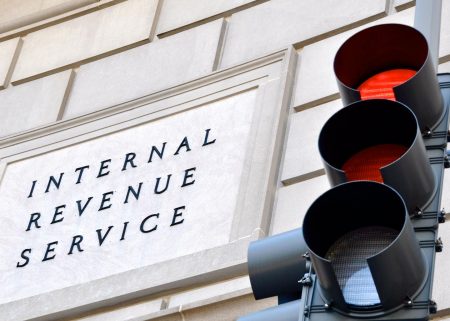The Free Speech Protection Act (FSPA), introduced by Senator Ron Wyden and Representatives Jamie Raskin and Kevin Kiley, aims to bolster First Amendment rights by enabling the swift dismissal of frivolous lawsuits designed to silence critics, often known as Strategic Lawsuits Against Public Participation (SLAPPs). These lawsuits are frequently wielded by wealthy individuals and corporations to intimidate journalists, activists, and whistleblowers, effectively stifling public discourse on critical issues. The FSPA mirrors the Uniform Public Expression Protection Act (UPEPA), a model state law adopted by eight states and under consideration in numerous others, synthesizing best practices from existing state Anti-SLAPP legislation. This federal legislation seeks to establish a consistent standard across U.S. courts, curtailing forum-shopping by plaintiffs seeking to evade state-level protections.
The FSPA’s introduction arrives at a crucial juncture. As the European Union mandates the adoption of Anti-SLAPP laws by its member states, the United States has an opportunity to showcase its commitment to free speech principles by enacting robust federal legislation that can serve as a global model. Domestically, the FSPA addresses significant gaps in existing legal frameworks. Currently, federal courts lack a uniform Anti-SLAPP mechanism, particularly in cases where jurisdiction is not based on diversity of citizenship. Furthermore, a circuit split exists regarding the applicability of state Anti-SLAPP laws in diversity jurisdiction cases, creating an environment ripe for manipulation by SLAPP filers. The FSPA resolves this ambiguity, offering consistent protection across federal courts.
Beyond addressing existing legal inconsistencies, the FSPA’s passage would likely encourage the remaining 16 states without Anti-SLAPP legislation to adopt similar protections. This widespread adoption would create a more cohesive national framework for protecting free speech against abusive litigation. The bipartisan nature of the FSPA, coupled with the growing momentum for Anti-SLAPP legislation at the state level, underscores the increasing recognition of the need to protect individuals from retaliatory lawsuits designed to chill public participation. Advocates argue that access to justice should not be contingent on wealth or power, and that courts should be utilized for legitimate grievances, not as weapons to silence dissent.
The FSPA’s mechanics largely mirror the UPEPA and established state Anti-SLAPP laws. It provides a mechanism for defendants to file a special motion to dismiss a SLAPP suit early in the proceedings, shifting the burden to the plaintiff to demonstrate a genuine basis for their claim and a probability of success. This provision aims to prevent protracted and costly litigation that can financially cripple defendants even if they ultimately prevail. While the proposed legislation represents a significant step forward, some aspects warrant further consideration, such as the absence of a mandatory appeal of right if the special motion to dismiss is denied. However, these points should not detract from the overall merit of the FSPA and its potential to significantly strengthen free speech protections.
Despite the bipartisan support and the backing of numerous free speech organizations, the FSPA’s passage is not guaranteed given the prevailing political climate in Congress. Previous attempts to enact federal Anti-SLAPP legislation have stalled. However, the significant increase in state-level adoption of Anti-SLAPP laws and the growing awareness of the issue create a more favorable environment for the FSPA’s success. Representatives from states with existing Anti-SLAPP laws are likely to face pressure from constituents and advocacy groups to support similar protections at the federal level.
The FSPA is a crucial piece of legislation designed to safeguard the fundamental right to free speech against abusive litigation tactics. As Senator Wyden emphasizes, the legal system should not be a tool for the wealthy and powerful to silence criticism. The ability to speak freely without fear of retaliatory lawsuits is essential for a healthy democracy. The FSPA, by providing a robust defense against SLAPPs, seeks to level the playing field and ensure that all individuals, regardless of their financial resources, can exercise their First Amendment rights without fear of reprisal. The Act’s passage would not only strengthen American democracy but also send a powerful message globally about the importance of protecting free expression.










